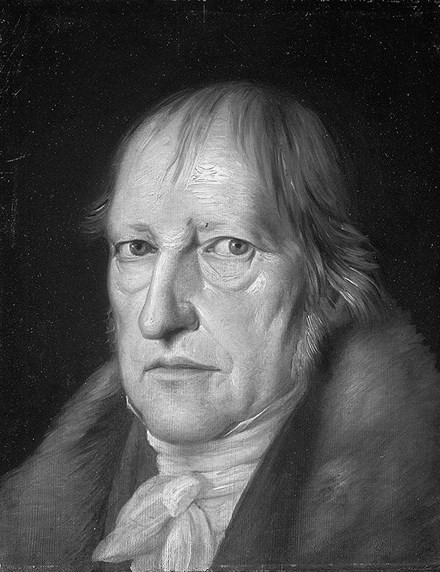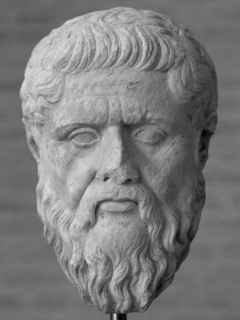
Publication details
Verlag: Springer
Ort: Berlin
Jahr: 1995
Pages: 483-499
Reihe: Phaenomenologica
ISBN (Undefined): 9780792335672
Volle Referenz:
, "Hegel, Lacan, Deleuze", in: From phenomenology to thought, errancy, and desire, Berlin, Springer, 1995


Hegel, Lacan, Deleuze
three strange bedfellows
pp. 483-499
in: Babette Babich (ed), From phenomenology to thought, errancy, and desire, Berlin, Springer, 1995Abstrakt
In his Logic of Sense, Deleuze aims at displacing the opposition that defines the Platonic space, that of suprasensible Ideas and their sensible-material copies, into the opposition of substantial/opaque depth of the Body and the pure surface of the Sense-Event.1 This surface depends on the emergence of language: it is the non-substantial void that separates Things from Words. As such, it has two faces: one face is turned towards Things, i.e., it is the pure, non-substantial surface of Becoming, of Events heterogeneous with regard to substantial Things to which these Events happen; the other face is turned towards Language, i.e, it is the pure flux of Sense in contrast to representational Signification, to the referring of a sign to bodily objects. Deleuze, of course, remains a materialist: the surface of Sense is an effect of the interplay of bodily causes — it is, however, a heterogeneous effect, an effect of a radically different order than that of (corporeal) Being. We thus have, on the one hand, the generative bodily mixture of causes and effects and, on the other, the incorporeal surface of pure effects: events that are "sterile," "asexual," neither active nor passive.
Cited authors
Publication details
Verlag: Springer
Ort: Berlin
Jahr: 1995
Pages: 483-499
Reihe: Phaenomenologica
ISBN (Undefined): 9780792335672
Volle Referenz:
, "Hegel, Lacan, Deleuze", in: From phenomenology to thought, errancy, and desire, Berlin, Springer, 1995



